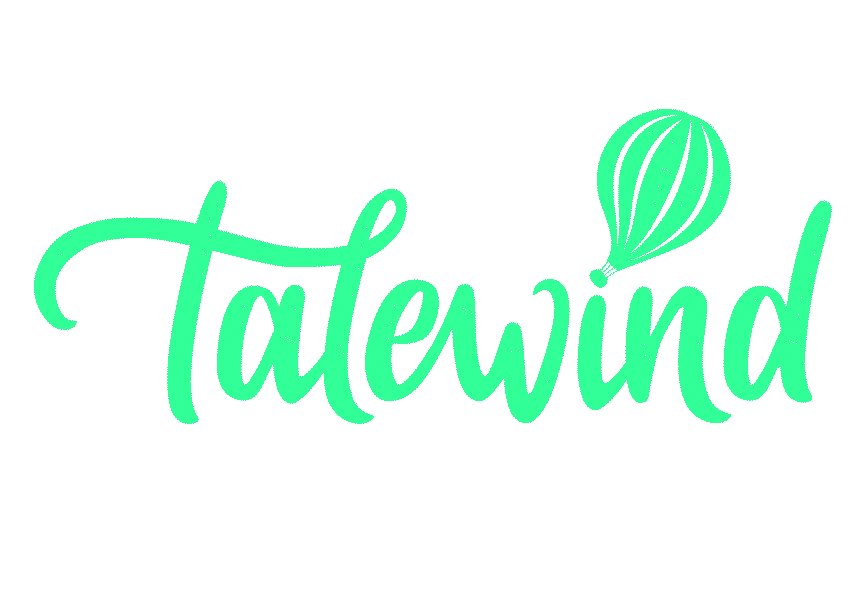Disability Pride Month & Accessibility In Gaming
- Bronwen Ellis
- Jul 31, 2024
- 3 min read
Updated: Aug 20, 2024
Since 2015, Disability Pride Month has become an annual event worldwide — encouraging space to end stigmas and promote disability as an identity, culture and to share the positive pride many people from within the community feel. It also creates awareness of and challenges the systemic ableism and discrimination disabled and deaf people still face.
At Talewind, we have marked the occasion by sharing resources with our team throughout July and have spoken with our team members with disabilities to receive feedback on how we can be as accessible and supportive as possible.
Within the gaming industry, there are some notable charities and organisations doing great work to reduce the stigma surrounding disabilities in the workplace and beyond. Here are some notable ones:
Autistica: According to a recent study carried out by UKIE, 18% of people in the gaming industry reported having at least one neurodevelopmental condition and the rates of employment for autistic people in games is almost four times higher than any other employment sector. Autistica set up Autistica Play to make progress for autistic people by working with game players and the games industry. Through annual events, partnerships, and in-game activities, Autistica aim to raise vital funds and awareness for autism research. Their website includes useful toolkits and personal stories from those living with autism.
Everyone Can: Through training and assistive technology, Everyone Can help diasbled people speak, live independently and have fun! They have a fully adapted gaming centre in Manchester which offers an unparalleled gaming experience for disabled people, as well as an ambassadors programme which is open to applicants who would like to learn more about what they do and to spread their message.
Special Effect: This charity transforms the lives of physically disabled people right across the world through the innovative use of technology. At the heart of their work is a mission to maximise fun and quality of life by helping people control video games to the best of their abilities. They freely share the knowledge they gain from one-to-one assessments through their gameaccess.info website and offer a wealth of advice for game developers looking to improve the motor accessibility of their games via their DevKit website.

As mentioned above, stats show that nearly 20% of UK employees in the games industry are neurodivergent, so we have focused on sharing knowledge and resources around this specific area. How can we all become better allies to these groups & learn more about their lived experiences? Here are some places to start:
We can watch films and TV programmes about neurodiverse stories, such as The Reason I Jump and Keep The Change.
We could read books with neurodiversity as their core theme, such as The Curious Incident of the Dog in the Night Time and House Rules.
We can educate ourselves through personal stories from those within the neurodivergent community, such as this TED talk or these articles from The National Autistic Society.
As Disability Pride Month has come to a close, we can all continue to join the fight for equity for neurodiverse and disabled people across the UK all year round. Here are some steps you can take as an individual to make sure that their lived experiences and struggles are not gone unnoticed:
Follow disabled content creators on social media to keep abreast of the issues disabled people are facing, such as @shelbykinsxo and @ndwellness
Look out for petitions, marches and events that support disabled people and their rights and attend if feasible, or share with others that might be interested
Tell your friends and family about things you’ve learned
Find out about local community organisations supporting disabled people and see how you could get involved
Write to your MP often to let them know about key issues disabled people in your community face
Bronwen Ellis
Studio Operations Manager



